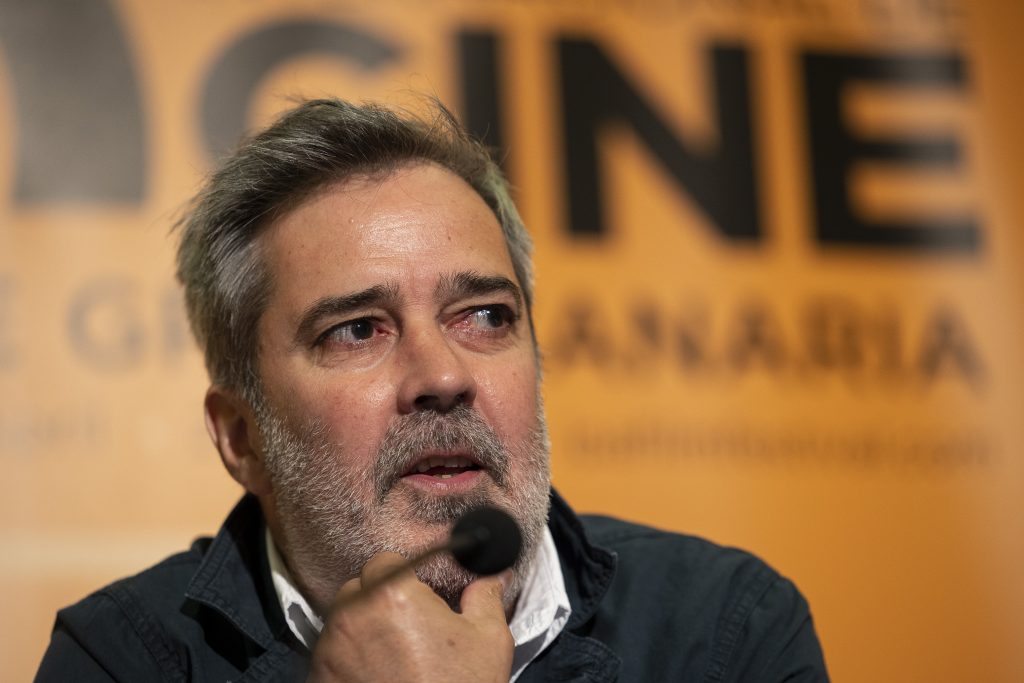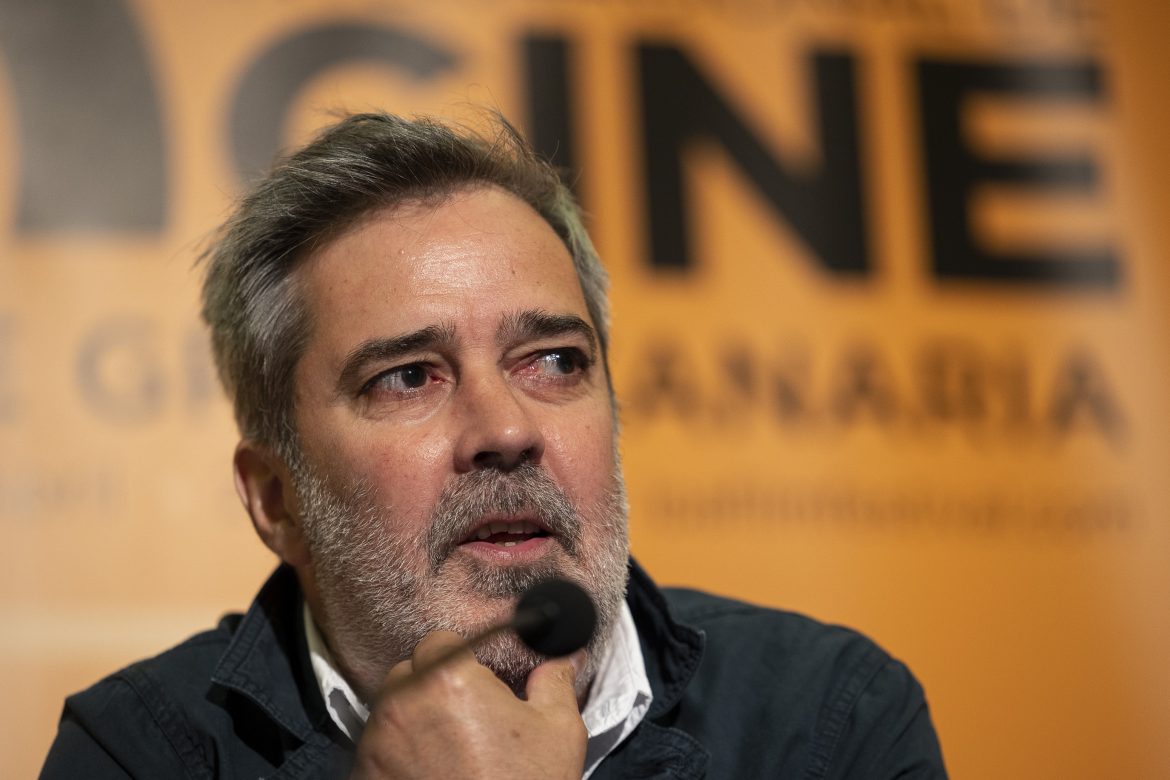- French filmmaker Pierre Creton’s drama will be the first feature film to be shown in the Official Section of the 23FICLPGC
- Its first screening will take place today, Monday April 22, at 8:45 p.m., at Cine Yelmo Las Arenas Cinema Screen 6, when it will be introduced by its producer Arnaud Dommerc, and then it will be screened again on Wednesday, April 23, at 6:00 p.m., at Screen 7
- Ten works premiering in Spain as part of the Film Festival will compete for this 23rd edition’s Lady Harimaguadas, among other awards

Las Palmas de Gran Canaria, Monday, April 22, 2024. On the first day of the Las Palmas de Gran Canaria International Film Festival’s Official Feature Films Section, Cine Yelmo Las Arenas Cinema will be screening Un Prince (A Prince) (France, Pierre Creton, France, 2023, 82 min.) at 8:45 p.m. The film delves into a young horticulture student’s discovery of his sexuality, which runs parallel to uncovering the secrets of botany.
Rural life, sexuality, homosexuality and nature come together in this drama that tells a story about sexual discovery starring a young horticulture apprentice who goes to study at a gardening school. Through hunters, a planter and a beekeeper, the countryside reclaims its status as a highly eroticized area.
At a press conference this morning, Arnaud Dommerc, the film’s producer, told this story’s origin, which goes back to the confinement and was born from different encounters, the film’s common thread. This is the third time Dommerc has worked with director Pierre Creton. Both agree on their philosophy of relying on encounters as a starting point for storytelling, as well as and on “the adventure of finding out what they can do together.” In relation to collaborating with the filmmaker, he wanted to emphasize that “working with him is a chance to be more open to the public, to find more economical solutions and, finally, to be able to express ourselves in a broader way since we have a long-standing relationship and know each other quite well.”
A work, he pointed out, that always starts from the texts. In Un Prince’s case, he explained, there were four monologues written by four different people that the director gave to the producer to read, along with other people. It was up to him, he said, to transform those monologues into a screenplay. “Something new for the filmmaker in terms of filming fiction, because he was actually talking about himself, and so it was important to choose the actor who was going to play him, a role that eventually fell to the film’s chief cinematographer,” he noted.
In his latest feature film, Pierre Creton works on the threshold between fiction and documentary by intertwining both genres. As a result, the film moves in a terrain that mixes diary, poem, autobiography and novel. Although Arnaud Dommerc, he admitted, didn’t know “if it’s autobiographical because I didn’t want to ask him,” but he suspected that “he thinks it talks about his life, his ghosts and his fiction at the same time.” Nevertheless, he managed to create a film with a unique, brilliant and opaque sensibility that has been shaped by his life as a filmmaker, farmer and gardener.
Creton’s film starts, among other topics, from the relationship between the study of botany and the research into male homosexual desire. And to do so, it unfolds its plot through the use of long voice-over narrative passages by the various characters to differentiate the story’s several points of view.
As the producer explained, for Pierre Creton “there’s a significant erotic relationship between nature and human beings, a particularity of his cinema.” He is interested in seeing “man’s animality without being aware of it.” For him, he continued, “dealing with these themes is a sort of exploration.” In this sense, he pointed out “the attention he pays to flowers and plants with his camera and how he portrays and sees an erotic power in them.” This eroticism, he said, “may not be so sexual, or maybe it is, but it allows us to enter a universe that makes us feel at ease in it.”
According to this edition’s catalog, among the ten selected titles, there is an extensive representation of family and couple chronicles —up to seven or eight movies—, which, arguably, constitutes an x-ray of contemporary cinema as much as a consequence of one of the traditional themes of classic auteur cinema, especially the European one. Specifically, Un Prince is a French production in which “family is less a genetic inheritance than a kind of sexual and ecological affinity,” as stated by the section’s programmer Jaime Pena.
Julian Rejl, general delegate of Cannes Directors’ Fortnight, has talked about Pierre Creton, who he considered “the greatest living French filmmaker,” as the producer recalled. His fifth feature film, Un Prince, was also programmed at Cannes, as well as at the New York and London Film Festivals. In addition, Dommerc explained the piece has been “greatly appreciated by the French press.” It will be released in the United States in May.
Share this Post

